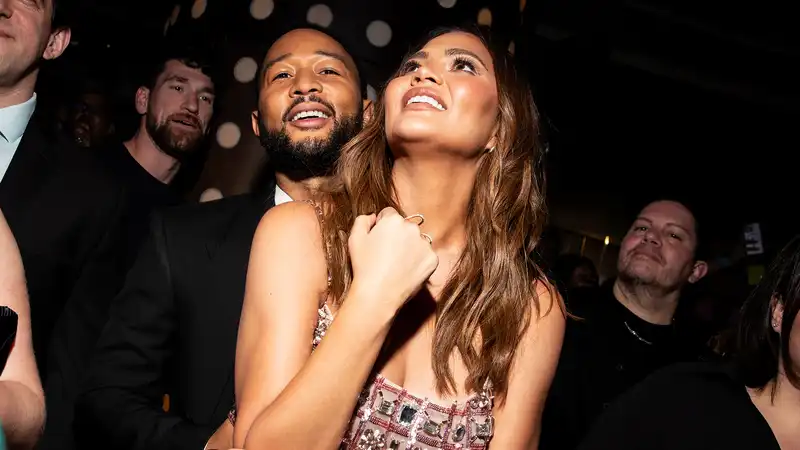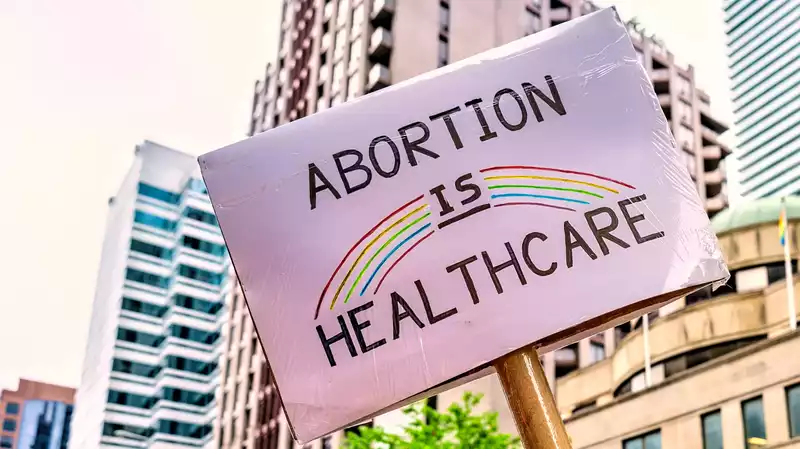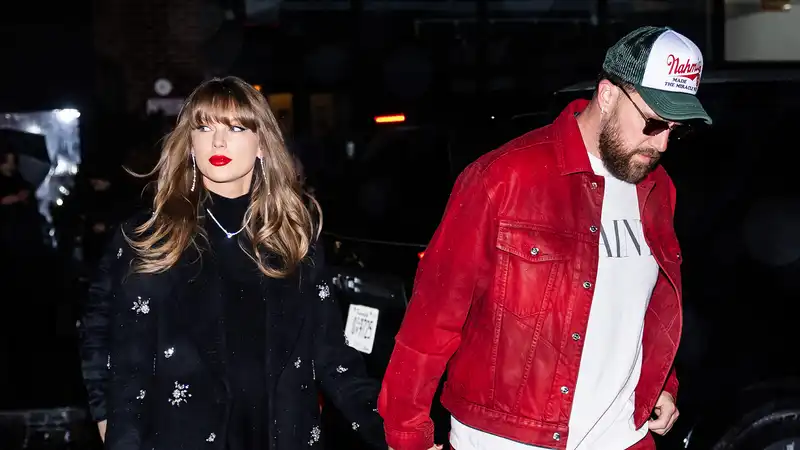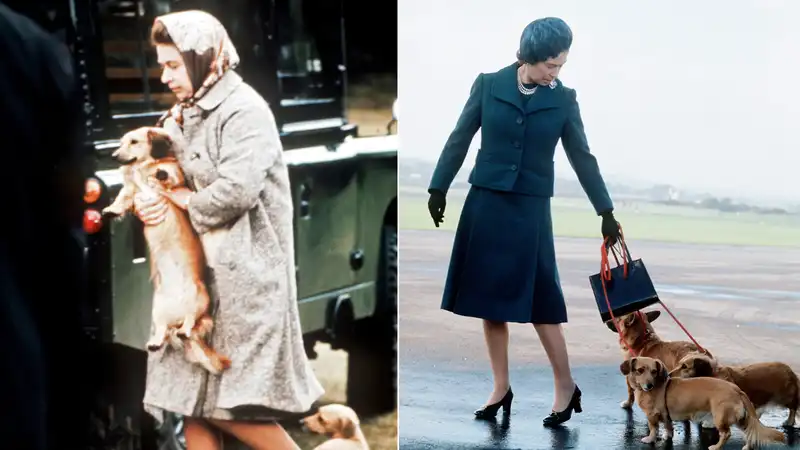I talk to young children about abortion because the government won't allow it.
My son was four years old, almost five, when I sat him down to talk about abortion, especially my own.
As a young child, my son attended several pro-abortion rallies with me. The news was almost constant in our home and became background noise in our lives. And my son has heard his mother and father talking about politics at the dinner table.
But as he continued to grow up, I knew we would need to have more formal discussions about abortion. He was familiar with the anatomically correct names for body parts. We had already discussed consent many times. He knew where the baby would come from, and I wanted him, as a young boy, to also understand what would happen if he got pregnant and the baby was not born.
Our conversation was very simple. In such cases, people choose not to continue the pregnancy, often intentionally ending it with the help of doctors and medications.
I then talked about my own abortion and why access to abortion would one day allow me to become his mother.
"Not every pregnancy ends with a baby. That's okay."
After a short pause, he replied: "Yes, it is. All right, thank you.
Following the Dobbs decision, which overturned the constitutional right to abortion care, an entire generation has grown up without the right to full and complete bodily autonomy.
This is even more so when the majority of those who have abortions are parents of at least one child. Media portrayals of abortion are extremely inaccurate, and even politicians who support abortion rights are often afraid to say the word out loud.
And while some may think that a "controversial" topic like abortion (the majority of Americans support access to abortion care) would be difficult for children to understand, psychologist Jessica Zucker, who specializes in reproductive and maternal mental health D., says the opposite is true.
"Discussing abortion, miscarriage, or other reproductive outcomes with young children in an age-appropriate manner will help them more than understand the reality of reproduction," says Dr. Zucker. And that reality is unpredictable."
According to Zucker, every abortion conversation that an adult has with a child is "different for each family"
.
"But if adults discuss the topic appropriately and are patient, empathetic, and forthright, such conversations can be incredibly beneficial," she adds.
Steph Herold, 36, talked about abortion when her oldest son, now 5, was 4. Herold, who lives in New York City and works in abortion-related research, had just given birth a year earlier, and says her son "was very vocal about wanting another sibling."
"When I explained that it was Mom's decision whether or not the baby would continue to grow, he seemed unfazed by the thought," she says.
"So I think the idea of controlling his body and deciding what happens with it made sense to him."
Herold says that after that initial discussion, "I don't think he fully understood what abortion was and what it meant," but adds that he is okay with it because his son is still small and he plans to have this conversation "over and over again." [31] [32] "Abortion encompasses many of life's big issues and questions-love, sex, death, religion, power, family," she says. "It's just such a complicated topic to talk about with adults, much less with children.
Zucker says that discussing abortion with young children can help "eradicate the silence, stigma, shame, and fear surrounding this reproductive outcome." While the majority of abortion survivors say they feel relieved after terminating a pregnancy, and 95% say they do not regret the abortion even five years later, nearly two-thirds of abortion patients believe they are "looked down upon" for having terminated their pregnancy. 'The child can know that he or she can come to you if he or she needs to. All of these are profound gifts to the child." Opening an ongoing dialogue and fostering an environment of empathy and inclusiveness was paramount for Mallory McMaster, 37, when talking to her now 6-year-old son about abortion, especially as he grows to an age when he can navigate and receive reproductive health care on his own. 'I'm an abortion activist, so abortion has always been a part of our lives,' says McMaster, who lives in Ohio. 'I'm an abortion activist, so abortion has always been a part of our lives. We take them to public events. We even attended the Women's March together. He has heard me speak publicly about abortion." McMaster says that having an abortion and ending her pregnancy 10 years ago, before her son was born, is the reason she is a healthy mother and business owner today. 'It shapes the way I talk to my son about it,' she says. 'I don't talk to my son about it like I do about medical procedures or political matters. Abortion is about a woman being able to decide whether or not to have a child and what she wants to do with her life. That's about all he knows."
My son, now 9 years old, asks me regularly about abortion, usually when he hears it in the news. From talking about consent and bodily autonomy to talking about sex, menstruation, and menopause. And recently, when I miscarried a pregnancy I wanted, my son's understanding of abortion helped him understand the loss of pregnancy better.
So while a post-Roe world where nearly 21 million girls and women of reproductive age will not have access to abortion care is frightening at best, I find solace in the fact that my son will grow up knowing that abortion is not a bad word. My son knows without a doubt that those who have abortions are people like his mother, and that many of us were able to build and expand our families because we had access to abortion care. [And if we want our children to live in an inclusive and welcoming world, we need to build such a world for them. And it is a privilege to be able to share this sacred knowledge and pass it on to the next generation."
.






Comments